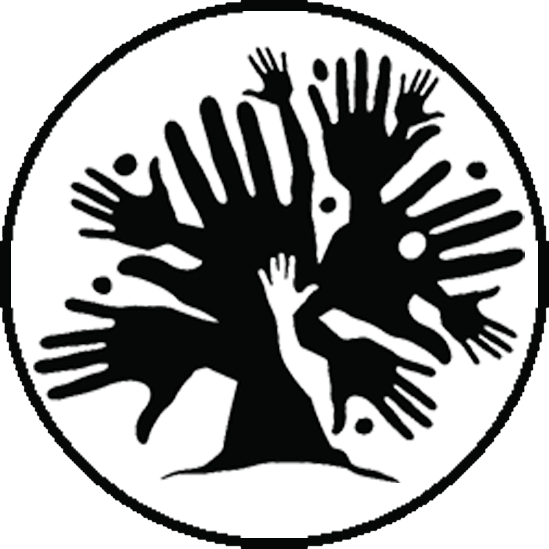We don’t want higher standards of living. We want better standards of living. - Slavok Zizek at OWS Protest
The protests in New York City and around the world have given us a glimmer of hope that a new world is possible, but there is still a long road ahead. Tough questions must be raised and nobody knows where this awakening will take us. One thing is clear: the present economic system is unsustainable - financially, socially, and ecologically. Quoting McDonough and Braungart (Cradle to Cradle, 2002) as a starting point, if we set out to design the industrial revolution, retrospectively, with all of its negative side effects, our wishlist would read something like this:
Design a system of production that
- puts billions of pounds of toxic material into the air, water, and soil each year
- produces some materials so dangerous that they will require constant vigilance by future generations
- results in gigantic amounts of waste
- puts valuable materials in holes all over the planet where they can never be retrieved
- requires thousands of complex regulations - not to keep people and natural systems safe, but rather to keep them from being poisoned too quickly
- measures productivity by how few people are working
- creates prosperity by digging up or cutting down natural resources and then burying them or burning them
- erodes the diversity of species and cultural practices
So we know what we don't want, but what DO we want? In order to come up with truly desirable alternatives, we can't try to fix a system that is inherently flawed by design. Instead, we must go back to the drawing board. Biomimetism, or using natural systems as an inspiration for design, can be very helpful at this stage. The key is to realize human systems are NOT isolated entities (as traditional economics would lead you to believe with their closed loops of production & demand), but rather inextricably and productively engaged with them. This is the key difference between the growth of human economic systems and natural systems.
Consider a community of ants. As part of their daily activities, they:
- safely and effectively handle their own material wastes and those of other species
- grow and harvest their own food while nurturing the ecosystem of which they are a part
- construct houses, farms, dumps, cemeteries, living quarters, and food storage facilities from materials that can be truly recycled
- create disinfectants and medicines that are healthy, safe, and biodegradable
- maintain soil health for the entire planet
It may sound strange to take advice on our economic system from other species, or even from chemists and architects, but our mainstream economists have not provided any better suggestions. However, there are many economists who HAVE provided more economically, socially, end ecologically sound alternatives to our present system. Herman Daly and other proponents of ecological economics, for example, who use entropy ond physiscal laws to define what is truly "sustainable".
With nature as an inspiration, Braungart and McDonough's biomimetic design assignment invite us to create the following:
- buildings that, like trees, produce more energy than they consume and purify their own waste water
- factories that produce effluents that are drinking water
- products that, when their useful life is over, do not become useless waste but can be tossed onto the ground to decompose and become food for plants and animals and nutrients for soil; or, alternatively, that can return to industrial cycles to supply high quality raw materials for new products
- billions, even trillions, of dollars' worth of materials accrued for humans and natural purposes each year
- transportation that improves the quality of life while delivering goods and services
- a world of abundance, not one of limits, pollution, and waste
This is by no means a comprehensive list of what we need, but rather a way to get our creative juices flowing at a time in human evolution when we desperately need to reinvent ourselves. Sounds like a better alternative to you too? Join the protests and have fun constructing a new world!


